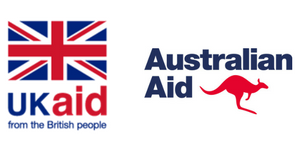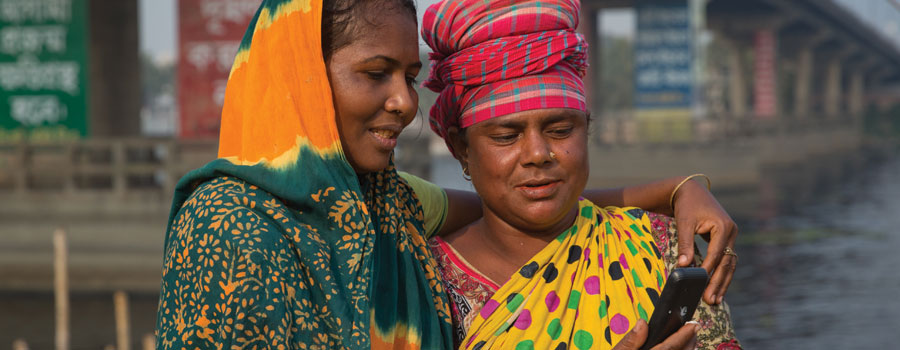The ability to prove your identity is fundamental to exercise your rights and secure access to a wide range of vital services such as healthcare, education, mobile connectivity, social security programmes and financial services. Globally, there are still one billion people who face daily challenges in proving their identity and women and girls are among those most likely to be affected, especially if they live below the poverty line. In fact, as many as 45% of women in low income countries don’t have access to official identification, particularly in Sub-Saharan Africa and Southeast Asia. To bridge this gap, more and more governments are moving towards establishing national identity programmes. This in turn creates opportunities for mobile network operators to help accelerate access and provide women and girls with digital identity and identity-linked mobile services.
Our 10-country study explores the intersection between cultural, social and policy barriers facing women and girls when accessing and using ID and provides gender-sensitive solutions for governments to ensure a more enabling ID-related policy environment. Although the ten countries in our study (Bangladesh, Botswana, Malawi, Nigeria, PNG, Rwanda, Sri Lanka, Uganda, Zambia and Zimbabwe) are at different stages of developing and implementing their ID ecosystem – such as National ID cards and Birth Certificates – our findings show that the main barriers hindering access to ID for women and girls can generally be divided into legal and contextual barriers.
Women experience legal and contextual barriers when key ID-related policies lack specificity, contain gender-biased provisions or include restrictive registration requirements that are difficult for women to fulfil. For example, in PNG, the law establishes a father as the ‘responsible person’ to modify a child’s identity credentials (unless he is deceased or doesn’t have custody) and this can limit a mother’s ability to make any necessary updates or changes on the child’s behalf. In addition, late registration fees or short registration periods for a Birth Certificate can pose a particular challenge for rural women and girls who may need to delay registering a child’s birth because of the costs involved. Similarly, requirements to present a witness to obtain a National ID can be difficult for women in certain socio-cultural contexts, particularly when National ID registration systems are not decentralized and such provisions indirectly require women to also cover travel costs for a witness.
Our research shows that limiting any stringent ID registration restrictions or gender-biased provisions is key for governments to create a more enabling and accessible ID ecosystem for women and girls. It is also important to remember that actual or perceived risks to a person’s privacy may adversely affect their willingness to register a SIM card or sign up to identity-linked mobile services in their own names. Increased transparency on how personal information is used in the context of accessing mobile services coupled with effective privacy frameworks are important for maintaining high levels of consumer trust in digital and mobile ecosystems.
Understanding these barriers is ever-more important for mobile network operators as countries increasingly require customers to present a valid proof of identity when registering for mobile services. Mobile network operators are uniquely and strategically placed to help improve access to official identification for women and girls; they can potentially leverage retail outlets and agents networks to serve as registration channels or form public-private partnerships to address the digital literacy gap. As mobiles and mobile money accounts continue to unlock social and financial opportunities for women and girls, understanding the ID-related policy barriers in this context presents an opportunity for both governments and mobile operators alike to come together and apply gender-specific solutions that can help close the identity gap.
The Commonwealth Digital Identity Initiative is funded by the UK Department for International Development (DFID) and the Australian Government (DFAT), and is supported by the GSMA, its members, World Bank and Caribou Digital




